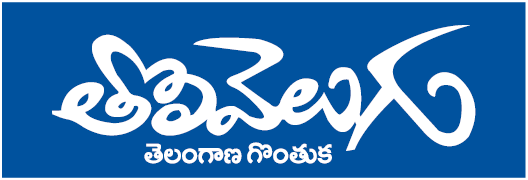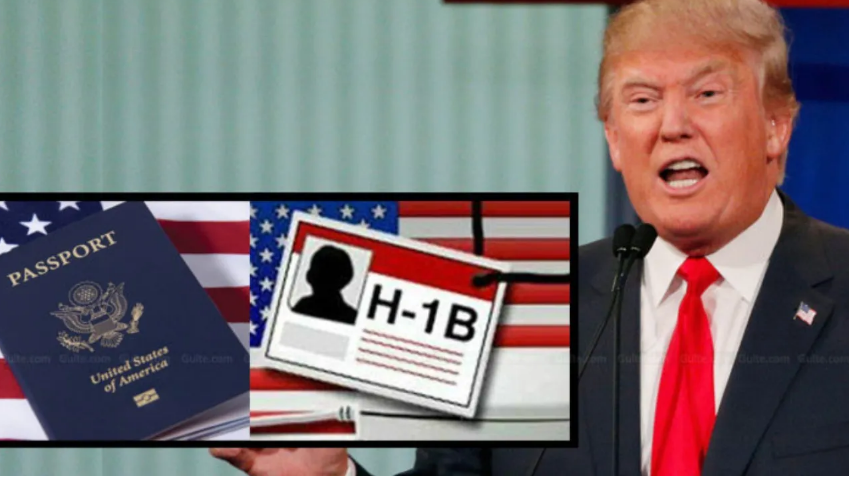The White House has issued a clarification on US President Donald Trump’s stance regarding H-1B visas, stating that while the administration continues to prioritise the “Make in America” initiative, it also recognises the need for foreign skilled workers in certain sectors. Officials said Trump’s policy is aimed at securing jobs for American citizens while allowing foreign workers only where necessary. As part of this approach, the administration has taken key decisions on H-1B visa regulations, adopting a middle-ground strategy that permits foreign recruitment for companies making significant manufacturing investments in the United States.
White House Press Secretary Karoline Leavitt noted that Trump is taking a “common-sense approach” to the issue and would never support replacing American workers with foreign employees. She added that Trump aims to make the American manufacturing sector stronger than ever. Companies investing trillions of dollars in advanced production units, such as large-scale battery manufacturing plants, will be allowed to bring foreign workers temporarily under H-1B visas during the initial operational phase. However, once production begins, American citizens must be given priority for all jobs. Leavitt emphasised that companies doing business in the United States must commit to hiring American workers.
In parallel, the Trump-led administration has also updated the “Gold Card” policy. The fee for the Gold Card, previously set at USD 5 million, has now been reduced to USD 3 million, and new categories have been introduced. Individuals applying independently will be required to pay USD 1 million, while those applying through companies will pay USD 2 million. Applicants must hold an I-140 — the approval document that confirms eligibility for a Green Card and placement in the permanent residency queue. Individuals with I-140 status can continue residing in the United States indefinitely and are now also eligible to apply for the Gold Card under the revised framework.






